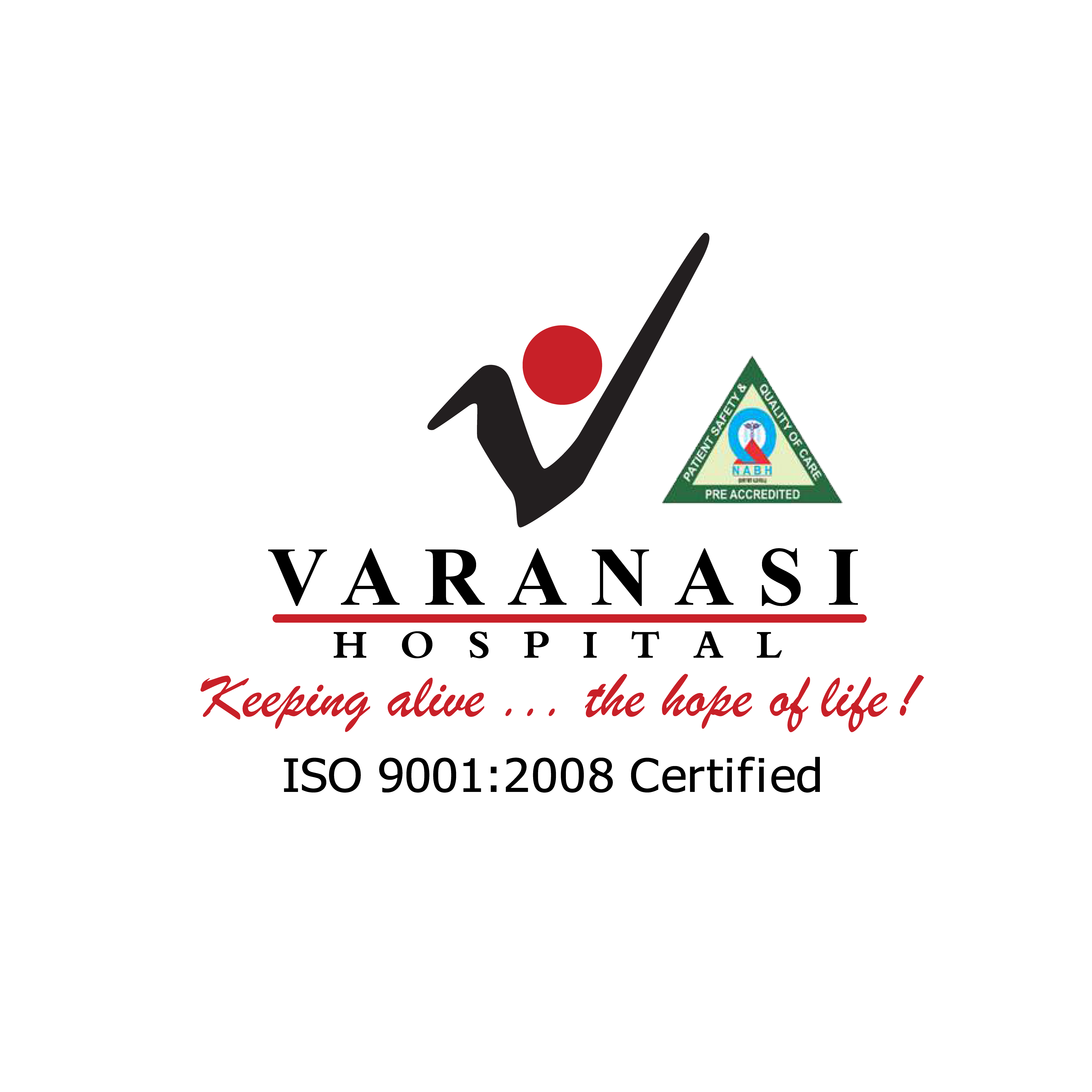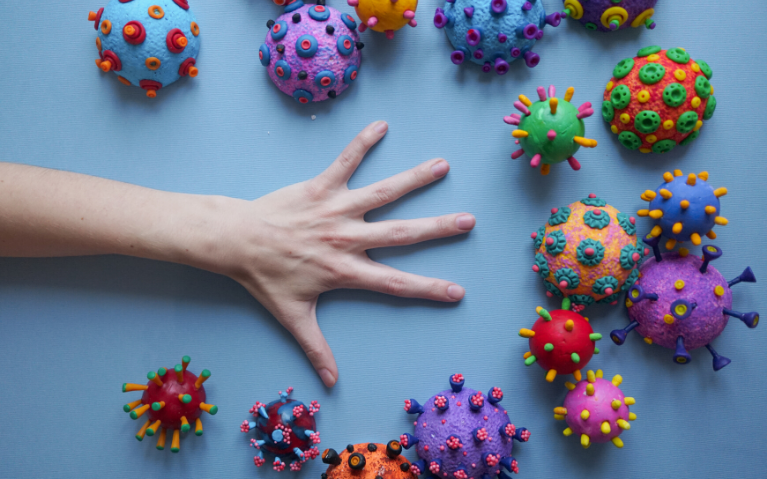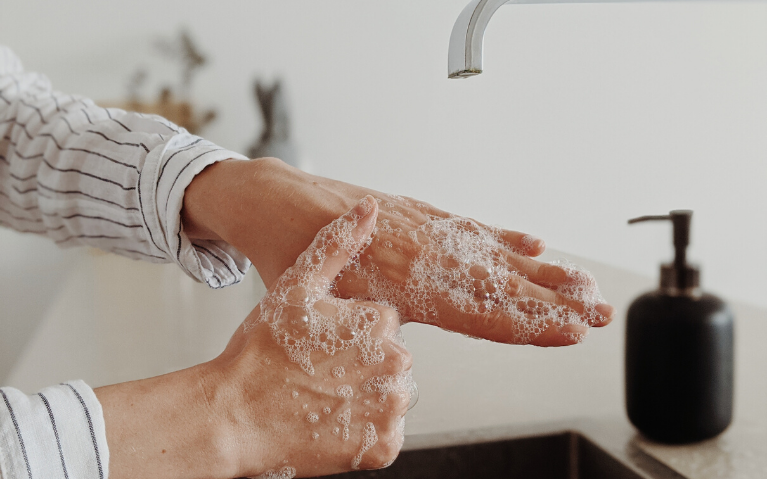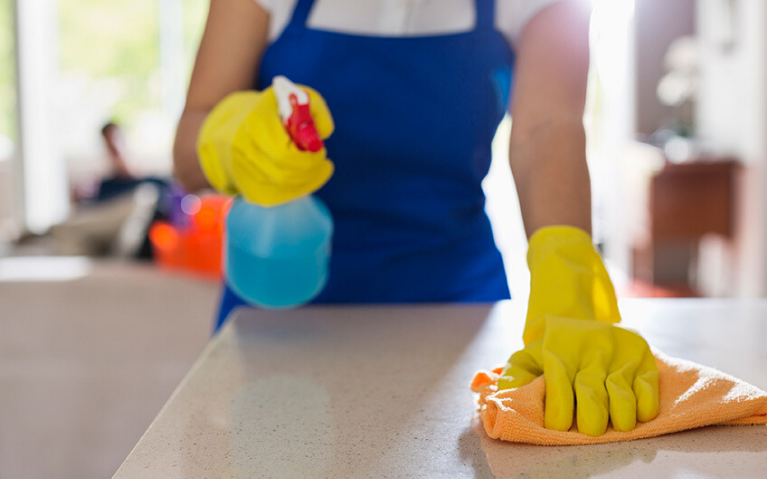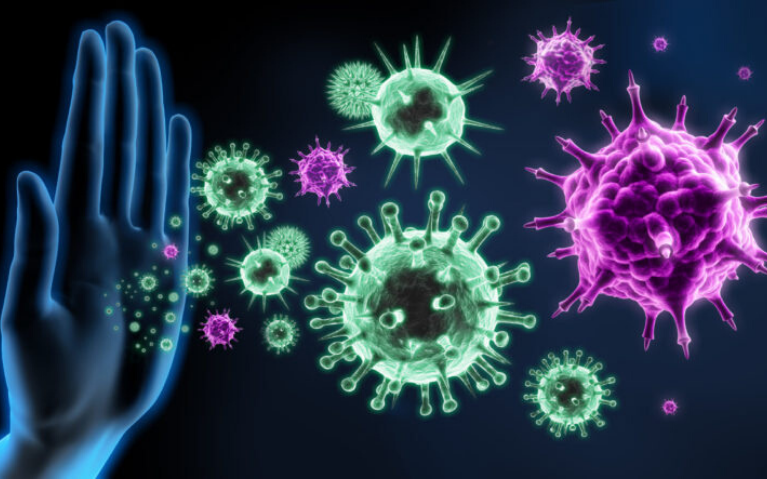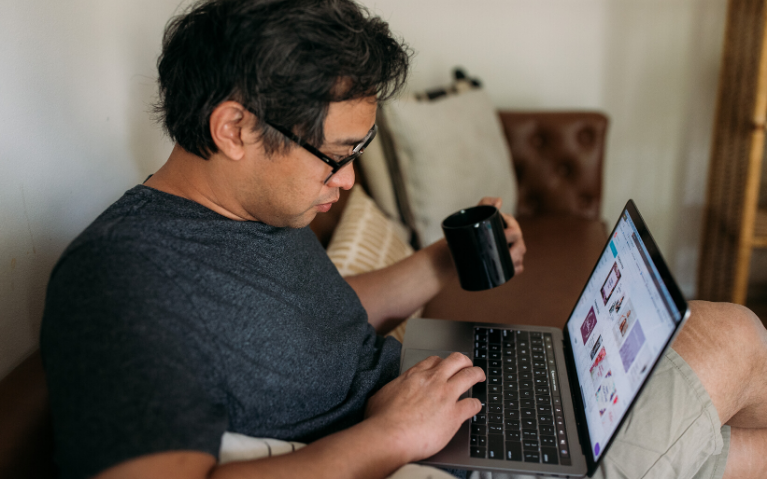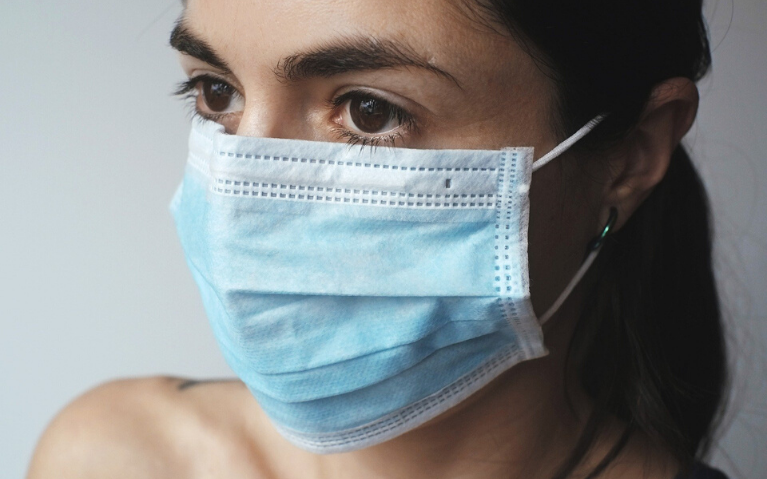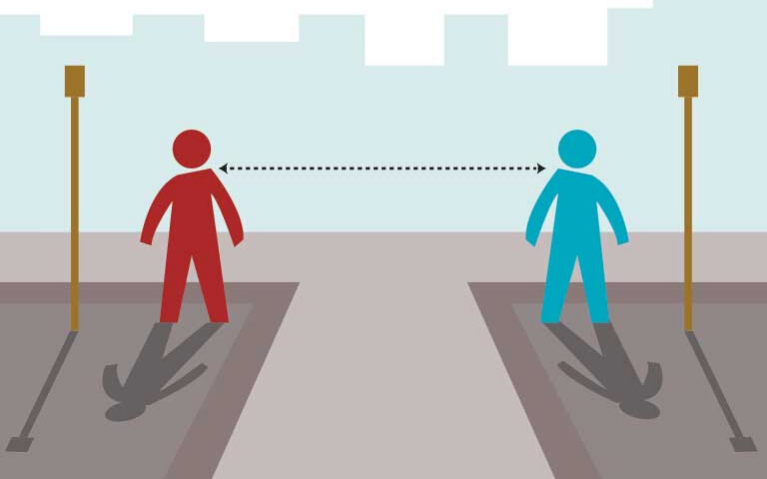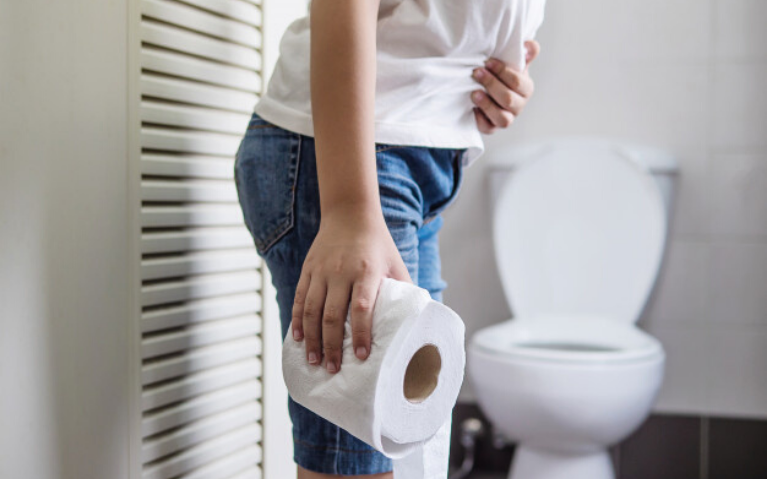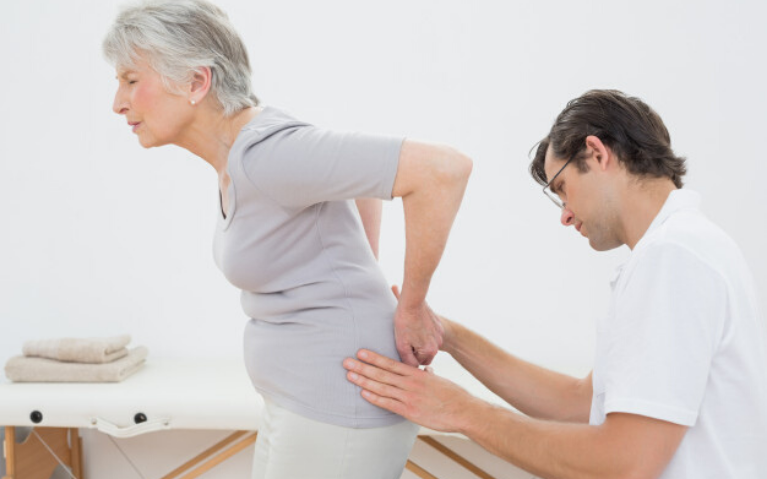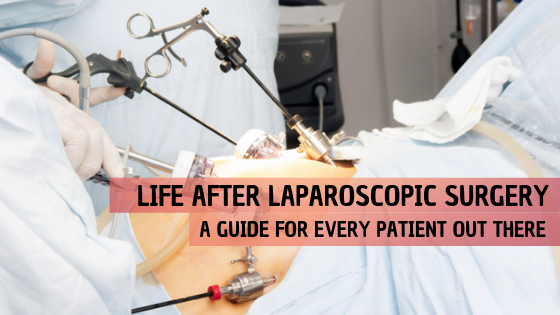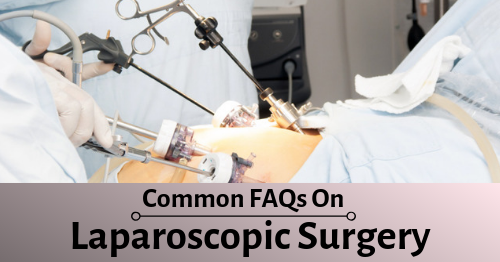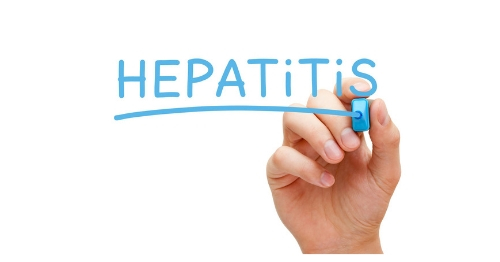Simple Ways To Protect Yourself Against COVID-19
Since the Coronavirus lockdown has been lifted to some extent across India – except in high-risk areas, it has become paramount to safeguard yourself against COVID-19. In Varanasi, Corona cases are low when compared to cities, like Mumbai and Delhi. But that does not mean to stop taking necessary preventive measures to protect ourself against this highly infectious disease.
Today, Varanasi Hospital, one of the best hospitals in Varanasi for laparoscopic surgery and affordable healthcare will tell you simple ways to protect yourself against this deadly Coronavirus.
Take Hygiene Seriously
Hygiene is supreme in this pandemic era. Wash your hands all the time as and when required. Use an antiseptic liquid handwash and clean water to wash your hands. If washing hands is not possible, use an alcohol hand sanitizer or hand rub. Consider using an antiseptic bodywash or soap for bathing.
Keep Your Surroundings Clean
After maintaining good personal hygiene, maintain cleanliness around your surroundings too. Clean your house every day. Disinfect highly-touched items and surfaces. Tell everyone in your family to keep the house clean and tidy.
Build A Strong Immune System
If your immunity is strong, you prevent n number of diseases. Eat a healthy and balanced diet. Drink plenty of water. Sleep well and exercise regularly. Avoid stress by practicing calming techniques – meditation.
Step Out As Less As You Can
Unlocking the city does not mean it has become safe to step out. The danger is still there so avoid stepping out as less as you can. Work from home if possible. Opt for contactless home deliveries.
Wear Safety Equipment While Stepping Out
Sometimes, you have no other option but to go out for certain emergencies. In that case, wear an N5 mask or a face shield, gloves, and headwrap to protect yourself. Carry a hand sanitizer with you when you step outside.
Maintain Physical Distancing In Public Places
When you’re going out for any reason as such, maintain a proper distance from others.
Avoid Using Public Transport
Use your personal vehicle instead of relying on public transport. If you do not have a personal vehicle and you need to reach a destination urgently, book a cab from Ola or Uber.
Stock Up On Hygiene Products
Keep your house well-stocked with hygiene products – liquid handwash, disposable tissue papers, toilet rolls, hand rubs, disinfectants, disinfecting cleaners, disinfecting wipes, and so on.
Get Yourself Tested When You See Flu-Like Symptoms
In case of flu-like symptoms: cough, sore throat, fatigue, shortness of breath, loss of taste and smell, aches, skin rashes, and loss of speech, then visit your nearest healthcare centre.
Physically Isolate From A COVID Positive Member In The House
If someone in your house is infected with Coronavirus, physically isolate yourself from that person. Ensure that the patient has a separate room with washroom and gets everything he or she needs on time. Let that person feel loved by opting for video calls even when you both live in the same house.
For any health-related supervision, consult our health experts. Varanasi Hospital, one of the best hospitals in Varanasi wishes you good health.
